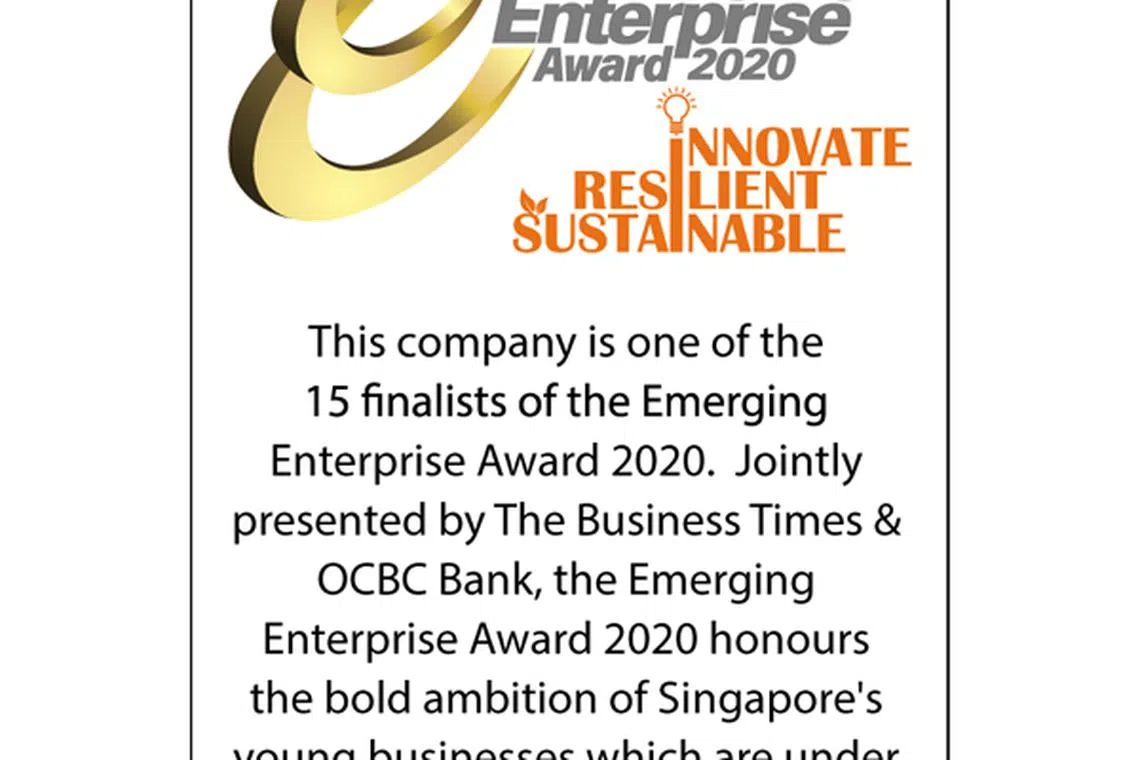Achieving breakthroughs in cancer treatment
ImmunoScape is putting resources into the research of immunotherapy - a type of treatment that uses the body's immune system to fend off cancer.
Claudia Tan HS
CANCER treatment has made great strides over the years, with conventional ways like chemotherapy gradually making way for progressive ones that hold promise of greater effectiveness.
At the forefront of this is local biotechnology firm ImmunoScape, which pours resources into the research of immunotherapy - a type of treatment that uses the body's immune system to fend off cancer.
The spin-off company from the Agency for Science, Technology and Research (A*Star) taps immune profiling technology to provide immunological insights to pharmaceutical companies developing medications for cancer treatment.
To be sure, immunotherapy has made significant headway over the years, said ImmunoScape's chief operating officer Alessandra Nardin.
However, even with several immunotherapy drugs approved, they are not effective across all patients with the success rate hovering at around 20 to 30 per cent.
"The challenge is still there. How do we make better drugs that work for 50 to 70 per cent of the patients?" said Ms Nardin.
With cancer still among the leading causes of death globally, ImmunoScape chief executive officer Ng Choon Peng said that it is clear that cancer treatment is still a huge "unmet need", with governments, capital markets and researchers staying invested in the field.
"By being involved in what we are doing, we are contributing to the discovery of new treatments because we offer immunological insights during clinical trials for our collaborators," he added.
The technology that drives ImmunoScape is the brainchild of co-founder and scientific adviser to the firm Evan Newell who kickstarted his research in T-cells - a type of white blood cell that makes up part of an immune response - over a decade ago at Stanford University in the United States.
He developed a method that allows the analysis and understanding of T-cell responses after vaccination or infection, in order to boost the chances of success of clinical trials.
The technology was very much sought after by pharmaceutical companies that are developing vaccines or immunotherapy, said Ms Nardin.
They were keen to leverage Mr Newell's platform to better understand their clinical samples, she said.
Through the interest garnered, the team jumped on the opportunity to commercialise the technology in order to make it more widely available.
With a unique approach in a fast growing field, ImmunoScape, which was founded in 2017, was able to bring several investors on board to fund its work.
Most recently, it raised US$11 million from international investors including US-based venture firm Anzu Partners, which invested US$6 million, and the University of Tokyo Edge Capital (Utec) in Japan, which invested US$2.65 million.
This was in part to support ImmunoScape's efforts in developing a Covid-19 vaccine.
"It (Covid-19) has given us the recognition that our technology is valuable," said Mr Ng.
ImmunoScape was able to adapt its immune profiling platform to analyse T-cell responses towards the virus and vaccines.
It has since collaborated with various vaccine development firms, such as US' Arcturus Therapeutics to speed up the development of Covid-19 drugs and increase success rates of clinical trials.
That said, research in cancer treatment will remain core for the team, said Mr Ng.
"We are beefing up our bioinformatics capabilities and tapping on deep learning and machine learning to analyse data to dredge out even more immunological insights from the samples we get," said Mr Ng.
"We are very on edge about growing fast because there's a sense of urgency to make sure we continue to be on the cutting edge of science."
Against this backdrop, Mr Ng said that listing is "definitely" on the cards as it is one way for the company to seek resources to grow and "build a sustainable company" to impact lives.
But a timeline for that is still in the works with emphasis placed on the funding requirements to grow the company, said Mr Ng.
In solving one of the world's most difficult healthcare problems, getting the right expertise remains a challenge.
As ImmunoScape continues to have a strong Singaporean core in the team, Mr Ng noted that there could be some very niche expertise that will require the firm to seek out global experts.
Beyond hiring the right people, it is also about bringing on board customers that the firm can work alongside with.
As such, ImmunoScape is also focussing on building its global presence, particularly in the US, which is home to some of the largest pharmaceutical companies in the world.
Its laboratory in San Diego, for instance, allows the firm to establish closer ties with its collaborators there. Samples from the US that are difficult to ship to Singapore could simply be delivered to that lab.
"We believe that we are on the cusp of putting a little Singapore flag on the global world, albeit in a very niche area," said Mr Ng.
"With the Singapore government's investment in the space over the last 20 to 30 years, we believe that we have built up expertise in the ecosystem that will lead to some meaningful breakthroughs," he said.

Decoding Asia newsletter: your guide to navigating Asia in a new global order. Sign up here to get Decoding Asia newsletter. Delivered to your inbox. Free.
Copyright SPH Media. All rights reserved.
